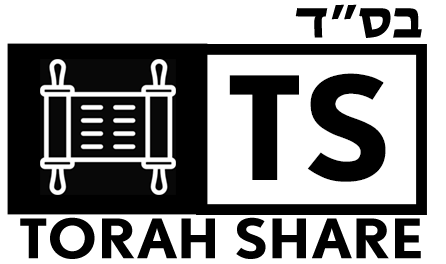Rabbi Asher Baruch Wegbreit – Shares how the first sentence in the Aleinu prayer at the end of each prayer service can bring out three mitzvot from the Torah just by having intention during it’s recitation. This totally transforms the concluding prayer which is often said in rote (as many are already “one foot out the door”) into a powerful connection to Hashem.
If you are interested in more videos from this Rabbi please visit his website: https://www.kavanahlmitzvos.com/
If you are interested in receiving these Torah-Share.com posts via email please subscribe here: https://torah-share.com/subscribe/
